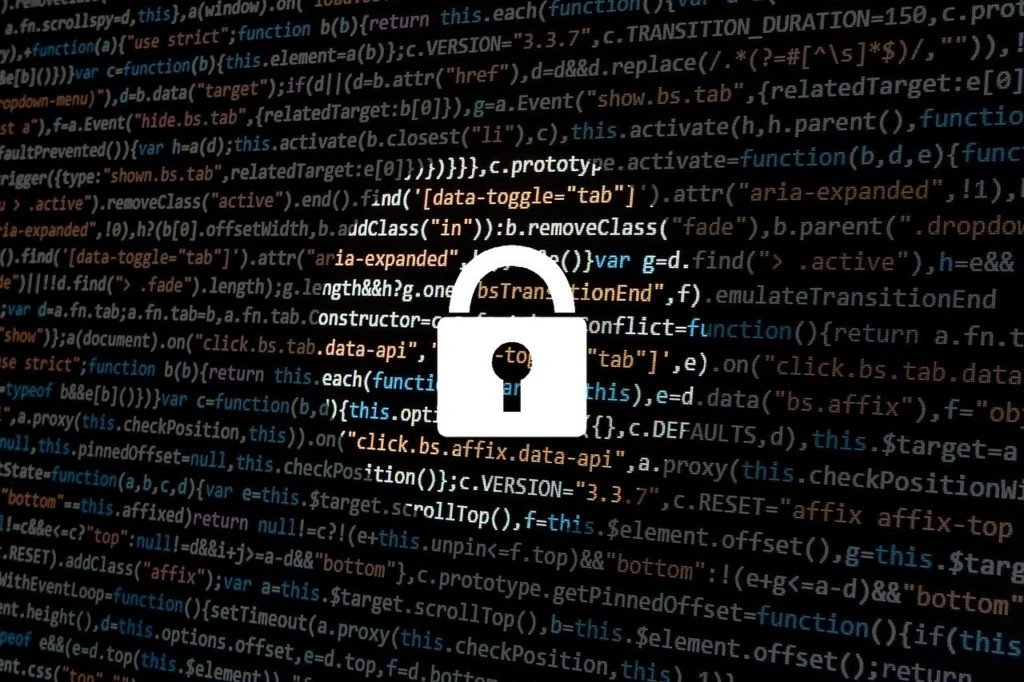
More companies offer remote working options for their employees. This can provide businesses with the ability to expand their talent without worrying about geographical location constraints for scouting employees. However, remote workers by nature do not work within the cyber safety of an office environment and are often left without sufficient cybersecurity software.
This can leave important company or client data vulnerable to cybercrime. Here are four tips that help you keep your business and remote employees secure.
1. Require remote workers to connect through a VPN
Remote workers often work from the comfort of their own homes, but there are times when employees may be traveling or working from another location, such as a coffee shop or a library. Since remote workers are not connecting to the main company Wi-Fi network, they are connecting to other public Wi-Fi networks that have the potential to be insecure.
If the Wi-Fi you’re connecting to (whether it’s provided by another company, a coffee shop, a library, a restaurant, or any other public Wi-Fi) does not require a password or some sort of authorization, chances are it is an insecure network. This means that anyone, including cybercriminals, can access the network. If a company device were to connect to an insecure Wi-Fi network, then it has the potential to be vulnerable to hackers trying to access personal or company information.
Using a virtual private network (VPN) will help remote workers ensure they are safe when they are forced to connect to insecure networks. VPNs hide a device’s IP address ensuring that they are ultimately shielding any evidence of your device on the network. The private network allows the device to be hidden and ultimately dodges any chances of criminal activity or data breaches from connecting through public Wi-Fi.
2. Develop a Cybersecurity Policy
Cybersecurity protocols can at times be ambiguously written and this could lead to confusion and miscommunication within a company. The lack of clear guidelines can also cause companies to be vulnerable to cyberthreats. Creating clear, thought out processes with specific examples will help your remote employees understand what they need to do to be more secure.
Instruct your team to develop a department-based policy along with an overarching company policy to keep all employees on the same page when it comes to cybersecurity measures. Make sure to include a remote worker policy into the document. Since remote employees and contractors are dealing with different security circumstances than the rest of the company, addressing their needs and concerns by directly answering them in the policy will help clear up any confusion among the team.
3. Use Cloud-based Software
Remote employees don’t have access to on-premise software. Instead, IT departments can provide off-site employees with a cloud ERP system. Fortunately, many cloud systems are kept secure with cybersecurity systems. For example, major cloud companies like Oracle provide their cloud ERP software that is includes top-of-the-line security.
Since these systems are only accessed through the Internet, that means that the cloud’s software and security systems are also frequently updated in real-time. This ensures that your company information is constantly secured with the most current cybersecurity measures.
4. Limit Employee Access
Not every employee needs access to all company data to do their jobs efficiently. With this in mind, limiting access to privileged users is a great way to compartmentalize your information, which ultimately increases security. Consider asking departments what information they specifically use, or look at file assessments to see who is frequently accessing certain information.
With this data, you can then make an educated decision as to who gets specific access to what information. This will help separate the data and limit how many employees and which staff members get access to specific documents (which decreases the chance of a breach).
Consider giving full access to management and leadership roles and allow for other employees to have limited access when needed. Remote workers can often be perceived as a cybersecurity threat to many businesses, but that doesn’t always have to be the case. If you properly educate your staff members with the proper cybersecurity knowledge, chances are your company will reduce the chances of facing a security breach. And providing remote workers with the proper tools to be safe online is essential to preventing vulnerabilities online.
This is an article written by James Adler.
